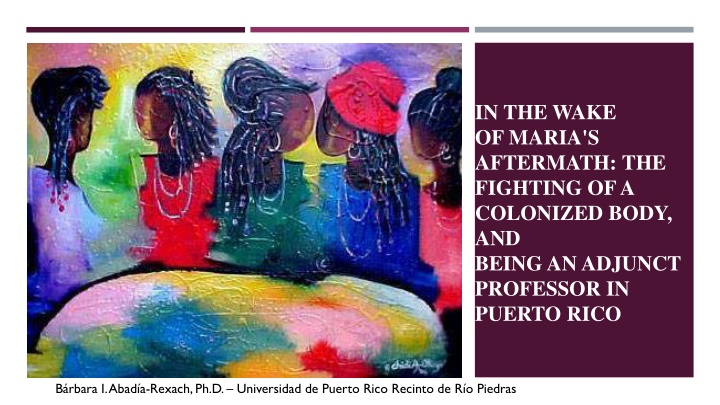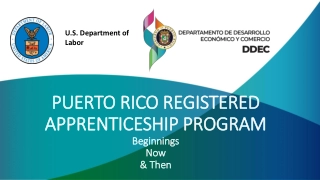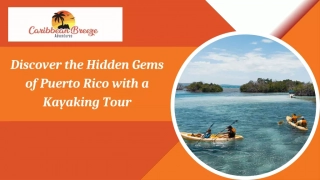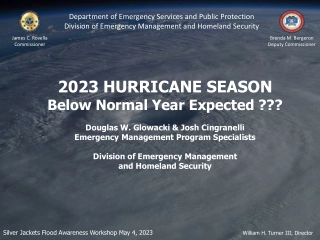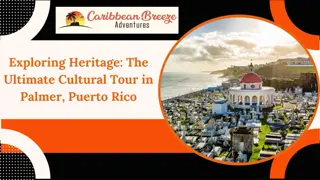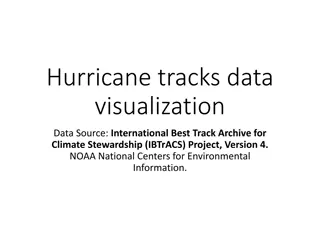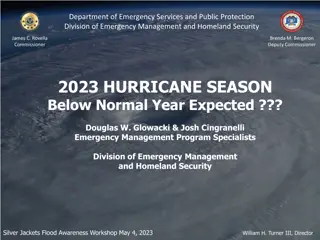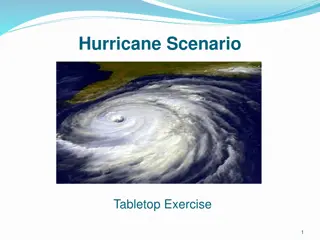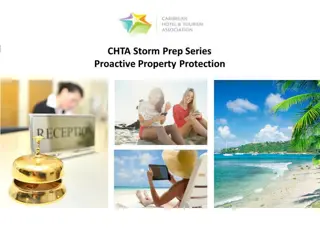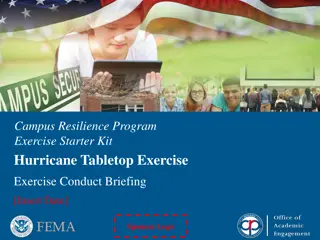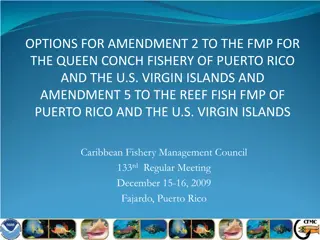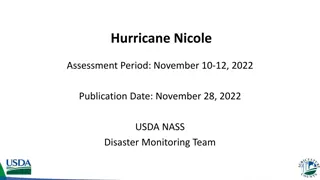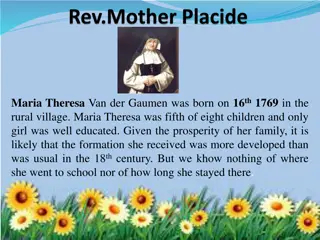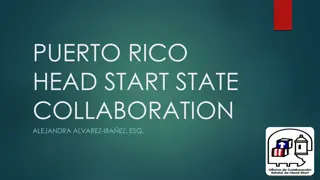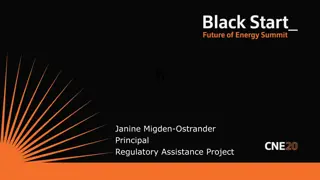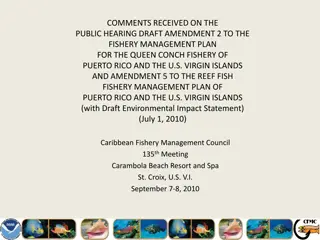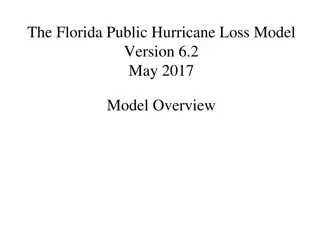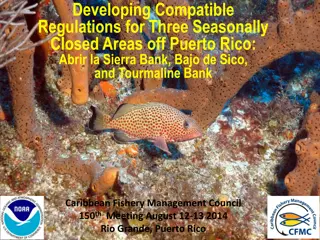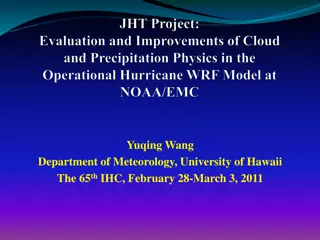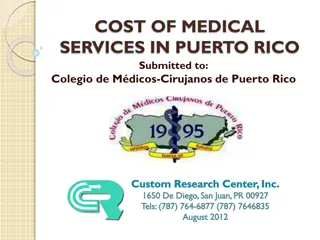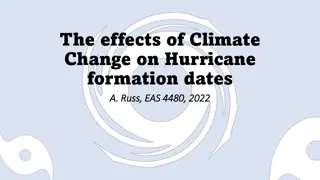Reflections on Hurricane Maria's Impact on Puerto Rico
In the aftermath of Hurricane Maria in Puerto Rico, the devastation exposed the fragility of infrastructure and raised questions about the island's status. The article discusses the struggles faced by the Puerto Rican people and the challenges of being an adjunct professor post-disaster while reflecting on the impact of colonization and the identity of Black individuals in the wake of such tragedies.
Download Presentation

Please find below an Image/Link to download the presentation.
The content on the website is provided AS IS for your information and personal use only. It may not be sold, licensed, or shared on other websites without obtaining consent from the author.If you encounter any issues during the download, it is possible that the publisher has removed the file from their server.
You are allowed to download the files provided on this website for personal or commercial use, subject to the condition that they are used lawfully. All files are the property of their respective owners.
The content on the website is provided AS IS for your information and personal use only. It may not be sold, licensed, or shared on other websites without obtaining consent from the author.
E N D
Presentation Transcript
IN THE WAKE OF MARIA'S AFTERMATH: THE FIGHTING OF A COLONIZED BODY, AND BEING AN ADJUNCT PROFESSOR IN PUERTO RICO B rbara I. Abad a-Rexach, Ph.D. Universidad de Puerto Rico Recinto de R o Piedras
BEING AN ADJUNCT PROFESSOR IN PUERTO RICO
HURRICANE MARIA, A NATURAL DISASTER
SEPTEMBER 20, 2017 September 20, 2017 is now part of the collective memory of the Puerto Rican people, both on and off the island. For 12 straight hours, each of the 78 municipalities that make up the archipelago endured catastrophic winds and relentless rain. Today we speak of a Puerto Rico before-and-after Hurricane Mar a. Despite all the warnings of potential disaster, there was no way to prepare (in the short-term) for the fury of a Category 4 hurricane, with winds surpassing 150 miles per hour. Modern Puerto Rico was not built, or maintained, to withstand it. The storm s devastation exposed entire communities to the elements. The island s electrical, water, and telecommunications services as the hurricane-chasing media reported collapsed. Mar a revealed the fragility of the commonwealth s government, laying bare its lack of organization and resources. It also revived long-running debates about the status of the island: Is Puerto Rico a colony of the United States? Or, are Puerto Ricans really U.S. citizens with all the rights that should entail?
IN THE WAKE OF MARIA S AFTERMATH
THE FIGHTING OF A COLONIZED BODY
IN THE WAKE: ON BLACKNESS AND BEING For, if we are lucky, we live in the knowledge that the wake has positioned us as no-citizen. If we are lucky, the knowledge of this positioning avails us particular ways of re/seeing, re/inhabiting, and re/imagining the world. And we might use these ways of being in the wake in our responses to terror and the varied and various ways that our Black lives are lived under occupation. I want In the Wake to declare that we are Black peoples in the wake with no state or nation to protect us, with no citizenship bound to be respected, and to position us in the modalities of Black life lived in, as, under, despite Black death: to think and be and act from there. It is my particular hope that the praxis of the wake and wake work, the theory and performance of the wake and wake work, as modes of attending to Black life and Black suffering, are imagined and performed here with enough specificity to attend to the direness of the multiple and overlapping presents that we face; it is also my hope that the praxis of the wake and wake work might have enough capaciousness to travel and do work that I have not here been able to imagine or anticipate (Sharpe, 2016, p. 22).
DINMICAS QUE SE PROMUEVEN EN EL TALLER PLENA COMBATIVA
